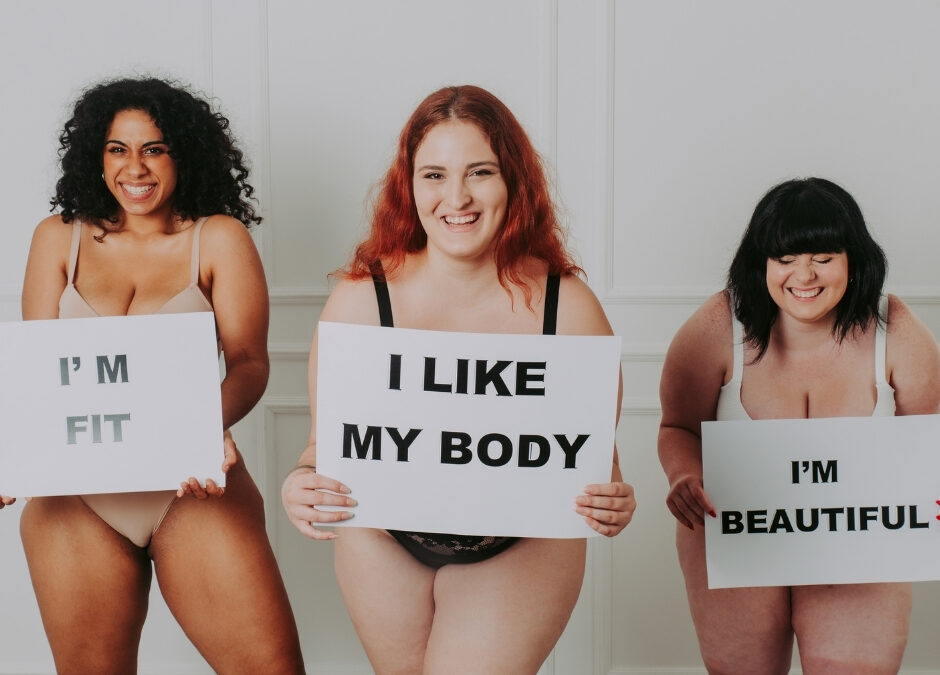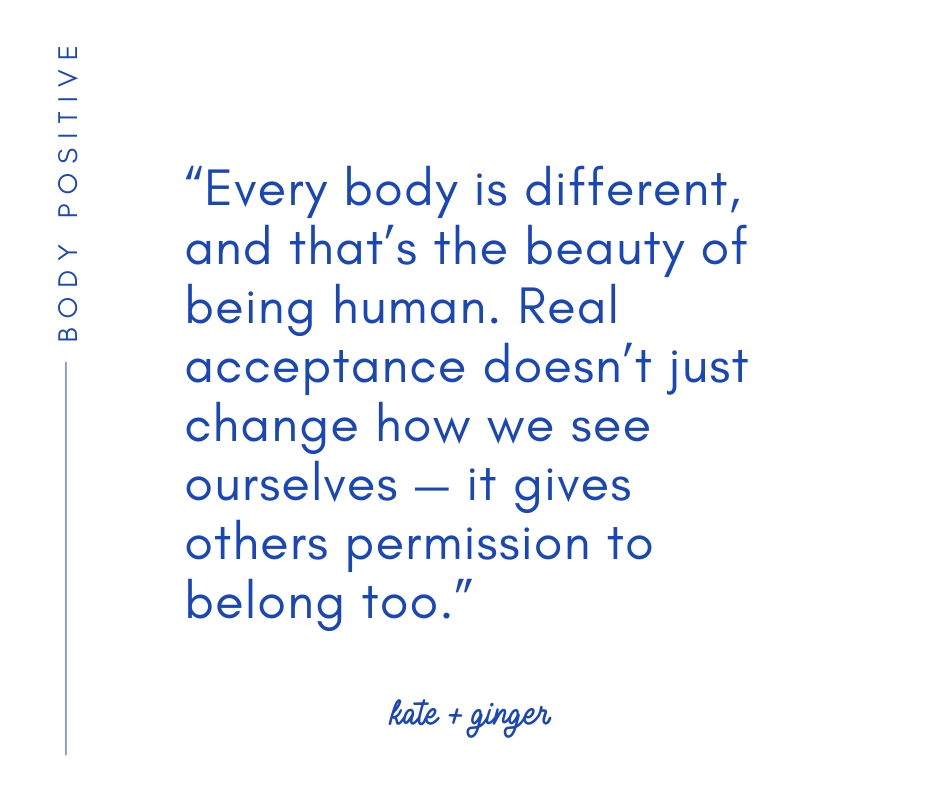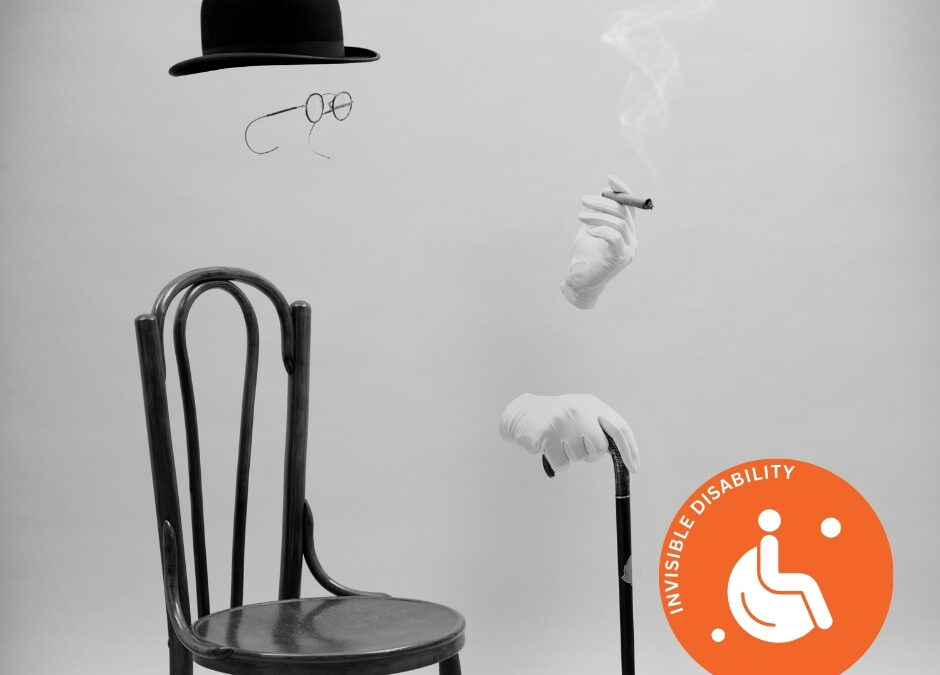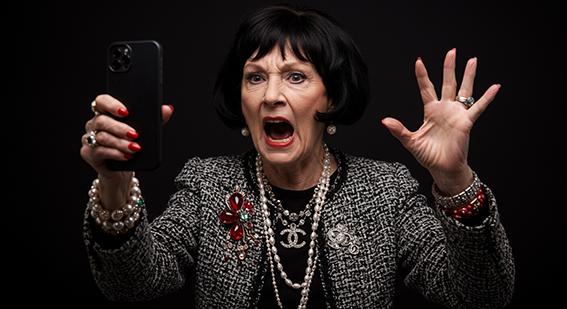
Learning to Respect a Body That Doesn’t Always Feel Lovable
There are days my body feels like a battlefield.
Days when getting out of bed is a full-contact sport.
Days when nothing fits right, nothing looks right, and my reflection feels like it belongs to someone else — someone heavier, sicker, older, and more broken than the version of myself I still carry around in my head.
If you know that feeling — that deep, gut-punch disconnect between who you are and what you see — then you already know:
Body positivity isn’t always about love. Sometimes, it’s just about survival.
Body respect: the version of self-love that doesn’t require a mood ring
For most of my life, I thought body positivity meant waking up every morning, throwing on a bikini, and twirling in front of a mirror, shouting, “I’m a goddess!”
(Newsflash: That’s not reality. That’s an Instagram ad.)
When you’re living with chronic illness, disability, trauma, aging, or just…being a human being in an unpredictable body — forcing yourself to “love” everything all the time is another impossible standard. Another stick to beat yourself with.
So I stopped chasing love.
I started chasing respect instead.
- Feeding my body even when I’m mad at it.
- Stretching gently, even when it feels stiff and foreign.
- Dressing in clothes that fit me, not the me I “should” be.
- Taking rest seriously, not as a guilty secret, but as a freaking necessity.
- Speaking to myself like I would to a dear friend who’s fighting hard to stay alive.
It’s not glamorous.
It’s not always photogenic.
It’s real healing.
The world profits off our self-hate. I’m opting out.
The wellness industry, the beauty industry, even the so-called “body positivity” movement sometimes, they all whisper the same garbage:
“If you just try harder, spend more, punish yourself longer — you’ll finally be good enough.”
You know what?
I’m tired.
And I’m not buying it anymore.
This body — right now, as it is, on its best day and its worst — is good enough.
Not because it looks a certain way.
Not because it performs a certain way.
But because it’s mine.
Because it carries me through all of it: the heartbreaks, the flare-ups, the ordinary Tuesdays, and the small, stubborn joys.
That’s worth respecting.

How I endeavour to practice body respect (even when I don’t feel like it)
Here’s what it looks like on a normal, messy Tuesday:
- I move when I can, how I can. Sometimes it’s yoga. Sometimes it’s hobbling to the couch. Both are valid.
- I feed myself like I deserve nourishment. No punishing diets. No apology meals.
- I rest without guilt. Productivity culture can kiss my very tired, very worthy ass.
- I set boundaries with media. If my feed makes me hate my body, I unfollow, block, delete, walk away.
- I celebrate functionality over appearance. This body digests food. It hugs my people. It lets me laugh until I snort. That matters more than what it looks like.
I’m not aiming for perfect self-love.
I’m aiming for loyalty.
I’m aiming for partnership.
I’m aiming for showing up for myself, even on the days I don’t feel lovable.
Because guess what?
Respect doesn’t wait for perfection.

You deserve that too.
You don’t have to earn your own compassion.
You don’t have to be “fixed” before you’re allowed to care for yourself.
If you’re breathing, you’re worthy.
If you’re fighting, you’re worthy.
If you’re just surviving today, you are already doing something extraordinary.
Let’s stop waiting until we feel like we “deserve” to treat ourselves kindly.
Let’s just decide — right now — that we do.
Because we do.
Because you do.


